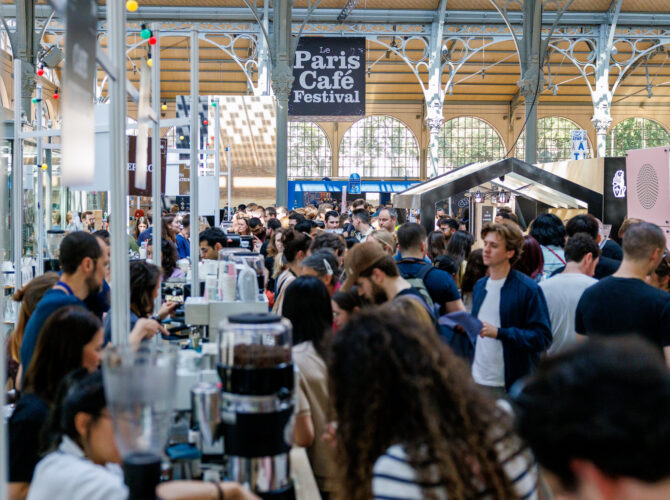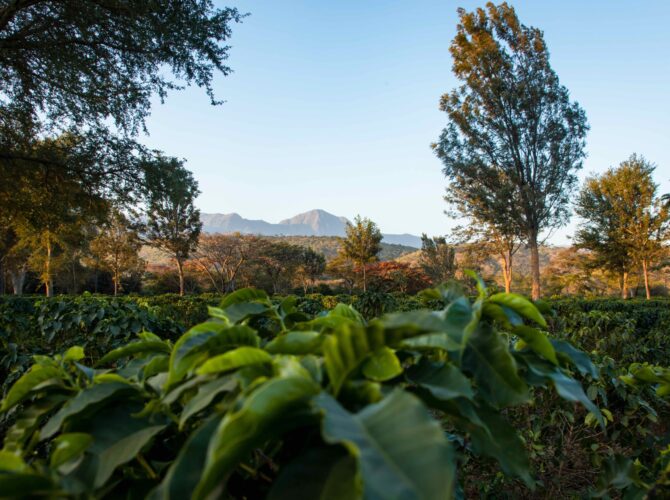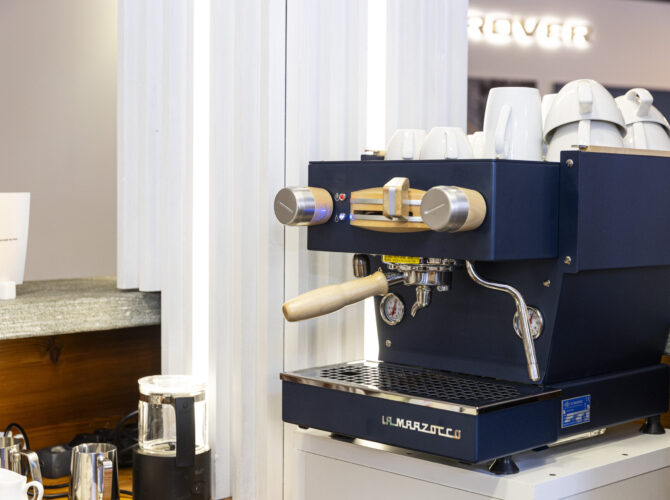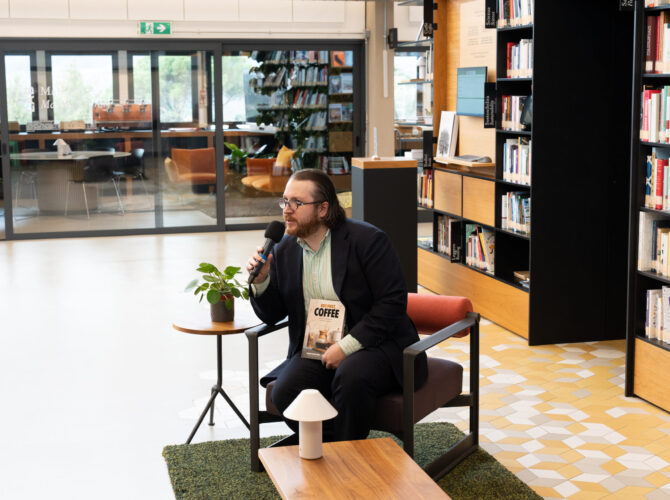Over the last 15 years, we’ve had the opportunity to participate in the development of the Great African Rift Valley. Inside this unique ecosystem is the Utengule community. A village can be found on the Mbeya river banks and embraces the Songwa Coffee Farm.
In 2007, La Marzocco began a collaboration with two partners that, just like La Marzocco, are committed to the pursuit of excellence in the field of coffee: Mahlkönig, now part of the Hemro group along with three other companies belonging to the coffee grinders sector, and Probat, a world leader in the market and in the technology of machinery for roasting. The partnership with Hemro and Probat led to the creation of the Songwa Estates project, which aimed to support the local community through the building of infrastructure that can better the lives of its members.
Thus, successfully creating the Hands for Songwa initiative, through which the three partners were able to allocate a percentage of their profits to the sponsorship of projects in the area that could directly affect the quality of life of the people living and working at and around the Songwa Coffee Farm.
For example, thanks to this initiative, wells that made it easier to access water were built, saving many people the kilometers-long distance that was necessary before.
School buildings were renovated, and nurseries and facilities essential for the growth of the new generations and for the betterment of day-to-day living conditions were built. Among these initiatives is the Nzofwe bridge, connecting the banks of the Mbeya river and the two cities of Utengule and Manjelwa, and the daycare dedicated to Mary Diamond, whose work was essential in curating every detail about Songwa and in keeping the two realities in touch with each other.
The Mary daycare was a way to address the harvest period, when schools were closed. The daycare serves as a safe and clean environment where the women involved in the harvesting work can leave their children, who don’t have to follow their mothers on the farm anymore but instead can play and be looked after.
The area where the Songwa Coffee Farm is situated, on the slopes of the hillsides of the Mbeya mountain chain, had already been identified as an ideal environment for coffee growing at the beginning of the past century since its volcanic soil, coupled with the right altitude and a climate characterized by warm summers and mild winters, guarantee excellent results in terms of coffee quality.
It didn’t take long for the three companies to view the farm as the ideal setting for a formation course focused on the origins of coffee and its cultivation that could be genuinely engaging and, above all, educational for their employees; for this reason, the three companies were incredibly fortunate to be able to avail themselves of the Songwa plantation as a destination for annual educational trips for their employees and contractors.
Many years of cooperation and mutual commitment with the local community have made all participants more aware and attentive in pursuing a kind of production that is increasingly oriented toward environmental, social, and economic sustainability and towards safeguarding the coffee plants from the climate crisis threatening the crops.
Because of this, La Marzocco, the two partners, and the Songwa plantation have recently raised the bar for their shared project, creating the Hands for Songwa Foundation. This autonomous nonprofit organization is unbound from the initial partners, based in Dar es Salaam, which will be able to receive direct donations and act independently in the area.
The Hands for Songwa Foundation will be able to invest in projects in line with its Mission, which traces the goals of the original project. Microcredit, formative projects, and everything that could help improve this area’s living conditions are currently being studied.
Moreover, the Songwa Coffee Farm became the setting where the projects led by Accademia del Caffè Espresso, the cultural and research hub created by La Marzocco, are conducted with The University of Florence and PNAT to be able to comprehend better the effects of the climate crisis on the farms and be able to find solutions to it.
PNAT is a think tank that focuses on building and promoting synergic relationships between natural and man-made environments, one of the main themes of sustainable design, led by Professor Mancuso, a pioneer in the fields of vegetal biology, plant technology, and innovation, besides being one of the most influential scientists in his field worldwide.
Among the projects is ConSenso, a cutting-edge research project that can record the plant’s reaction to changing outdoor conditions through sensors grafted onto the plant itself, therefore improving the management of various agronomic activities. After a trial period spent in the indoor greenhouse created at the Accademia del Caffè Espresso headquarters a few kilometres from Florence, which was necessary for tuning them, the sensors were taken to Tanzania where they currently allow a continuous monitoring of the area dedicated to the plantation’s research projects.






